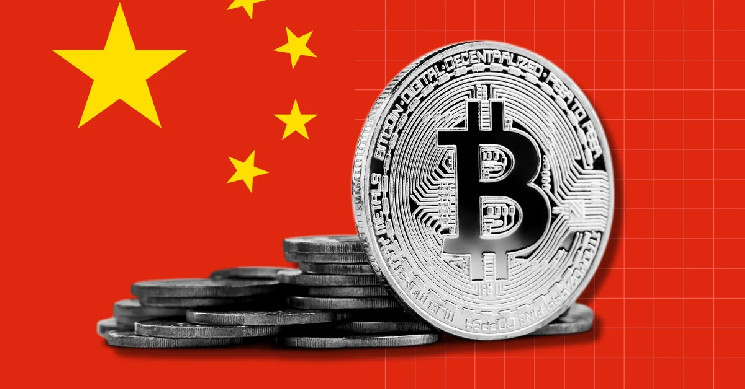In recent times, Bitcoin has been gaining popularity among institutions and governments, with many seeing it as a competitor to gold rather than the dollar. The BRICS nations are also making efforts to introduce their own currencies as part of a de-dollarization initiative, with a focus on decentralized finance associated with Bitcoin. However, China has been hesitant to legalize cryptocurrencies, opting instead to regulate virtual tokens through the stablecoin bill in Hong Kong. China has increased its gold reserves, making it the world’s largest official buyer of gold in 2023.
China’s central bank recently expanded its gold holdings in November, ending a six-month pause in purchases due to record-high prices for the precious metal. The People’s Bank of China (PBOC) increased its gold reserves to 72.96 million fine troy ounces by the end of November, up from 72.80 million the previous month. This move is expected to signal that the PBOC is comfortable with the current high price levels and is prepared to continue building reserves. Gold prices hit an all-time high in October due to increasing haven demand amid geopolitical tensions, but have since seen some retracement.
Despite the increase in gold prices, Chinese consumers have reduced their demand for bullion as they seek to protect their wealth from a weakening economy. While gold bars and coins have retained their value, retail sales of discretionary items like jewelry have declined. It is worth noting that the PBOC may resume its gold purchases, which could boost demand among Chinese investors and further solidify gold’s status as a safe haven asset. The recent developments in the gold market are being closely watched by analysts and investors alike.



















